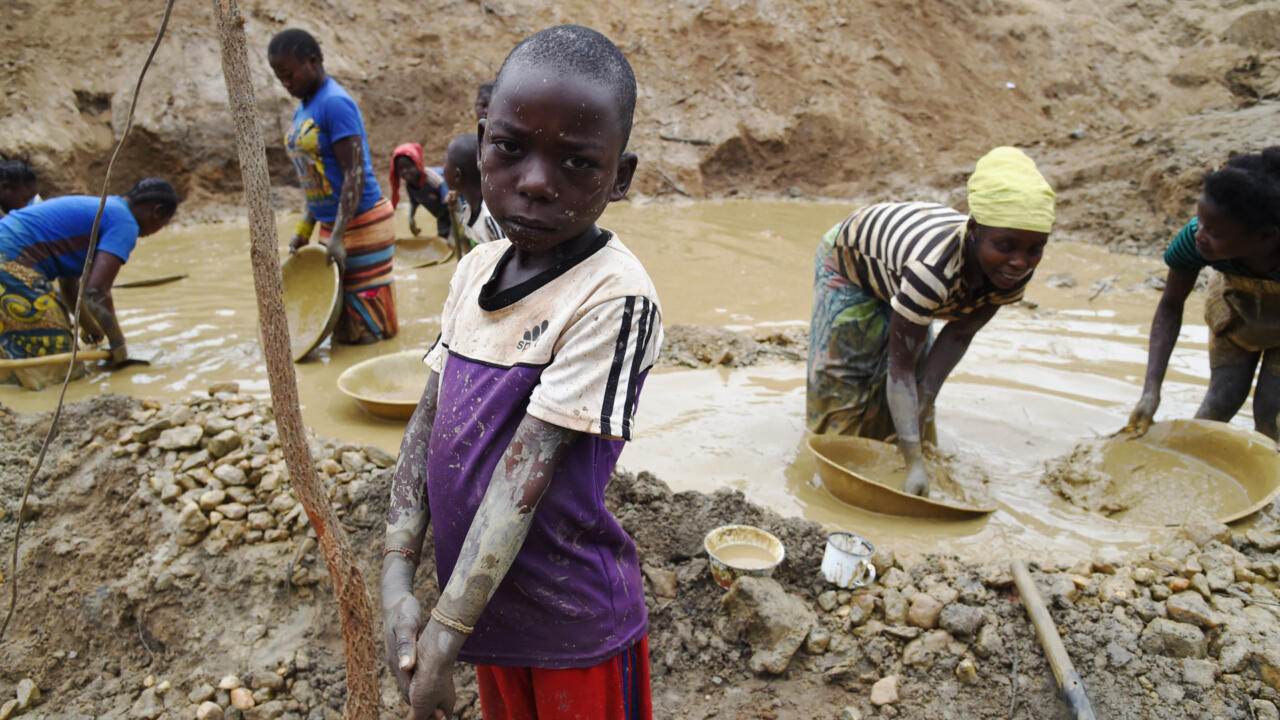Conference to focus on improving child welfare – Penn State University
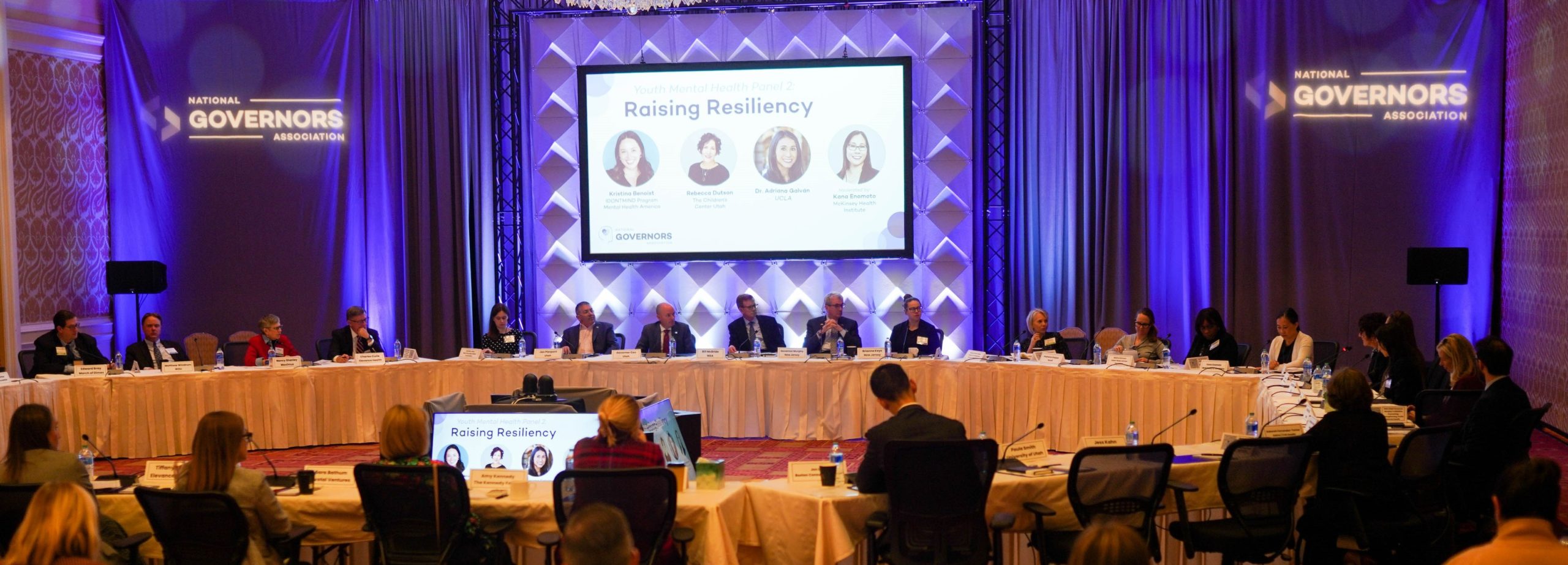
Conference on Child Welfare Aligns with Sustainable Development Goals
Event Overview and Commitment to SDG 16
The Social Science Research Institute’s Child Maltreatment Solutions Network will host the “Innovative Pathways in Child Welfare Practice” conference on October 3. The event is dedicated to advancing best practices in child welfare, directly supporting the aims of Sustainable Development Goal 16, particularly Target 16.2, which calls for an end to abuse, exploitation, and all forms of violence against children. The conference will convene researchers, practitioners, caseworkers, and students to address the complexities of the child welfare system.
Thematic Focus Areas and SDG Linkages
The conference agenda is structured around key pillars that correspond with several Sustainable Development Goals:
- Promoting Health and Well-being (SDG 3): Sessions will address access to timely medical evaluations and mental health services for children and families involved in the child welfare system, which are crucial components for ensuring healthy lives and promoting well-being for all.
- Ensuring Justice and Building Strong Institutions (SDG 16): A primary focus is on improving the quality of child-maltreatment investigations, family law processes, and the overall system response. These efforts contribute to the development of effective, accountable, and inclusive institutions that protect children.
- Reducing Inequalities (SDG 10): A key objective is to harness technological advances and advanced analytics to ensure all children and families can access quality forensic care, regardless of geographical location, thereby reducing inequalities in service provision.
- Fostering Innovation and Partnerships (SDG 17): The event emphasizes strengthening interdisciplinary partnerships to streamline services and enhance investigations, reflecting the collaborative approach essential for achieving sustainable progress in child protection.
Featured Contributors and Multidisciplinary Expertise
The conference will convene a diverse group of experts to facilitate progress toward these goals. The speaker lineup illustrates the importance of collaboration and forward-thinking required to advance the field. Featured speakers include:
- Brian Allen, Professor, Department of Pediatrics, Center for the Protection of Children and Department of Psychiatry and Behavioral Health
- Linda Cordisco-Steele, Director of Forensic Interview Training and Services, National Children’s Advocacy Center
- The Honorable Alyssa B. Cowan, Judge at the Fifth Judicial District Court of Common Pleas
- Kasey Jackson, Vice President of Programs, Children’s Advocacy Centers of Texas
- Sheridan Miyamoto, Director and Principal Investigator of the SAFE-T Center, Professor Ross and Carol Nese College of Nursing
- District Attorney Seán McCormack, Chief of the District Attorney’s Trial Division, Cumberland County
- Emily Putnam-Hornstein, John A. Tate Distinguished Professor for Children in Need, University of North Carolina at Chapel Hill
- Elizabeth “Libby” Ralston, Director Emeritus, Dee Norton Child Advocacy Center
Institutional Collaboration for Sustainable Impact (SDG 17)
The event exemplifies SDG 17 (Partnerships for the Goals) through its broad base of institutional support and its function as a platform for networking and collaboration. This collaborative framework is designed to translate discussion into enhanced practice, policy, and research directions, creating a sustainable impact on child welfare systems. Sponsoring entities include:
- The Social Science Research Institute
- The Biobehavioral Health Department
- The Human Development and Family Studies Department
- The Child Study Center at Penn State
- The Psychology Department
Identified Sustainable Development Goals (SDGs)
SDG 16: Peace, Justice and Strong Institutions
- The article’s central theme is addressing child maltreatment, which directly aligns with SDG 16’s aim to end abuse, exploitation, and violence against children. The conference focuses on “quality child-maltreatment investigations,” “family law and child abuse,” and improving “criminal investigations.” These efforts contribute to building more effective and just institutions to protect vulnerable populations.
SDG 3: Good Health and Well-being
- The conference addresses the health and well-being of children who have experienced maltreatment. The article explicitly mentions sessions on “increasing access to timely medical evaluations” and “mental health.” This focus on providing care, treatment, and support for both physical and mental health connects directly to the goals of SDG 3.
SDG 17: Partnerships for the Goals
- The article highlights the collaborative nature of the conference, which is a core principle of SDG 17. It brings together a “diverse audience of researchers, practitioners, caseworkers and students.” The speaker list includes academics, judges, district attorneys, and leaders from Children’s Advocacy Centers. This “interdisciplinary partnership,” as mentioned by Sheridan Miyamoto, is essential for creating comprehensive solutions in child welfare.
Specific SDG Targets
Targets under SDG 16
- Target 16.2: End abuse, exploitation, trafficking and all forms of violence against and torture of children. The entire conference, “Innovative Pathways in Child Welfare Practice,” is dedicated to this target. Its focus on responding to “the complexities of child maltreatment” and efforts to “better protect and support children and families” are direct actions toward ending violence and abuse against children.
Targets under SDG 3
- Target 3.4: By 2030, reduce by one third premature mortality from non-communicable diseases through prevention and treatment and promote mental health and well-being. The article’s mention of sessions on “mental health” for children involved in the welfare system directly supports the goal of promoting mental health and well-being for a highly vulnerable group.
- Target 3.8: Achieve universal health coverage, including… access to quality essential health-care services. The conference’s goal of “increasing access to timely medical evaluations” and ensuring “all children and families can access quality forensic care, regardless of location” is a clear effort to improve health service coverage and quality for children who have experienced abuse.
Targets under SDG 17
- Target 17.17: Encourage and promote effective public, public-private and civil society partnerships. The conference itself is an embodiment of this target. As described by Kristina Taylor-Porter, it draws in “leaders and practitioners from Children’s Advocacy Centers, the respective disciplines of a multidisciplinary team, policy makers and researchers,” showcasing a multi-stakeholder partnership to enhance practice and policy in child welfare.
Implied Indicators for Measurement
Indicators for SDG 16
- Implied Indicator 16.2.1: Proportion of children… who experienced any physical punishment and/or psychological aggression. While the article does not provide data, the focus on “quality child-maltreatment investigations” and “effective investigations” implies a need to accurately identify and measure the prevalence of child maltreatment to track progress and improve system responses.
Indicators for SDG 3
- Implied Indicator 3.8.1: Coverage of essential health services. The article’s stated goal of “increasing access to timely medical evaluations” directly relates to measuring the coverage of essential health services for children in the welfare system. Progress could be measured by tracking the percentage of children who receive these evaluations in a timely manner.
Indicators for SDG 17
- Implied Indicator: Formation of multi-stakeholder partnerships. The article does not use a formal indicator, but the description of the conference—with its diverse list of speakers from academia, the justice system, and advocacy centers, and its various university sponsors—serves as a qualitative indicator of the formation and strengthening of partnerships dedicated to child welfare.
Summary of SDGs, Targets, and Indicators
| SDGs | Targets | Indicators |
|---|---|---|
| SDG 16: Peace, Justice and Strong Institutions |
|
|
| SDG 3: Good Health and Well-being |
|
|
| SDG 17: Partnerships for the Goals |
|
|
Source: psu.edu

What is Your Reaction?
 Like
0
Like
0
 Dislike
0
Dislike
0
 Love
0
Love
0
 Funny
0
Funny
0
 Angry
0
Angry
0
 Sad
0
Sad
0
 Wow
0
Wow
0






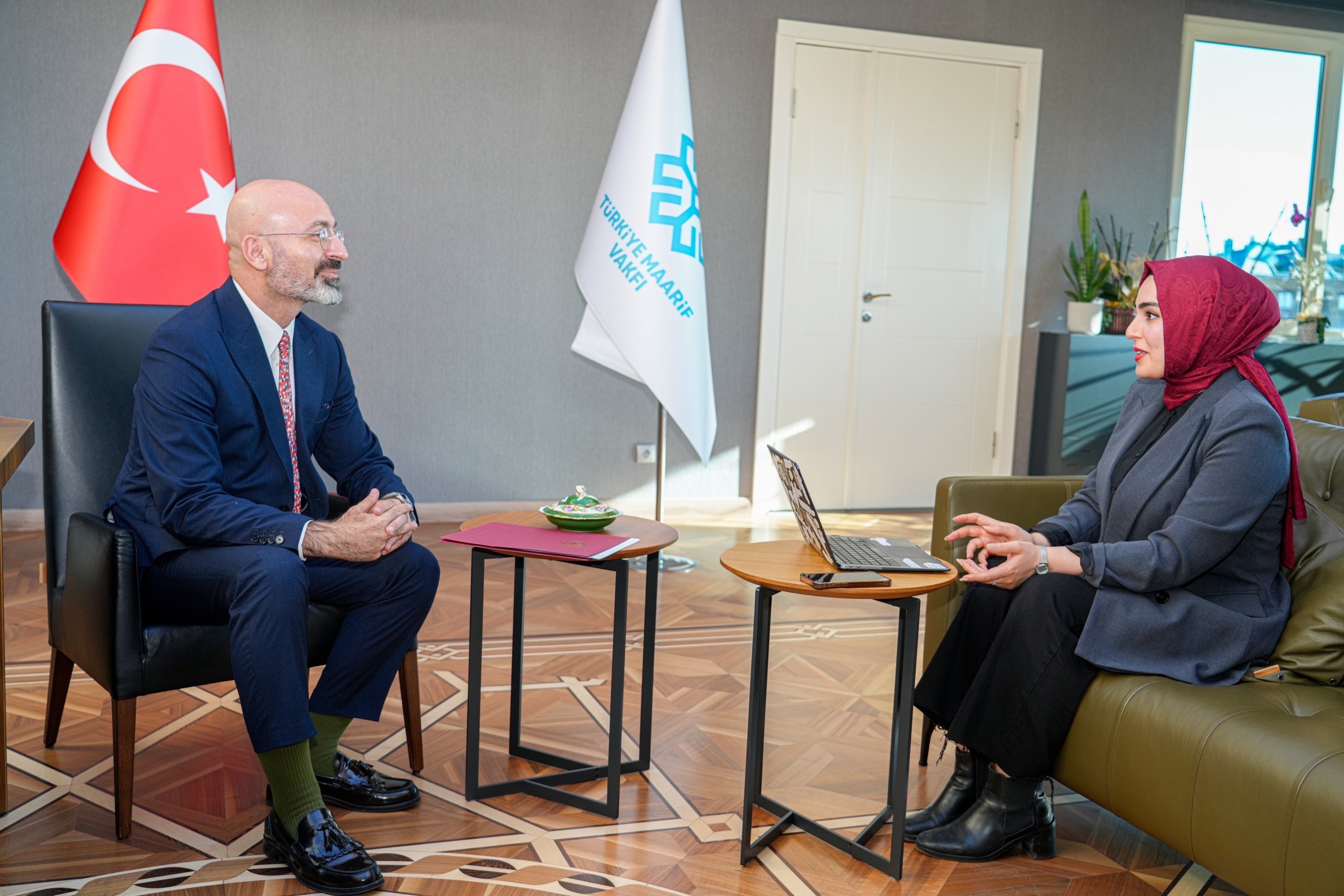
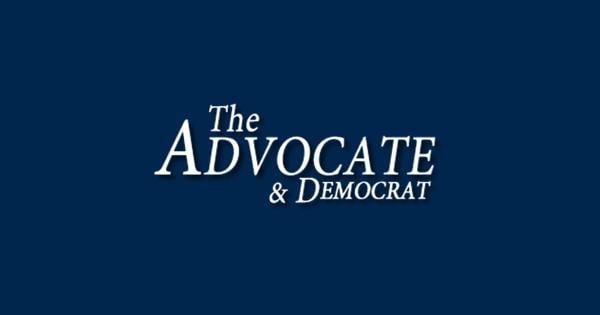







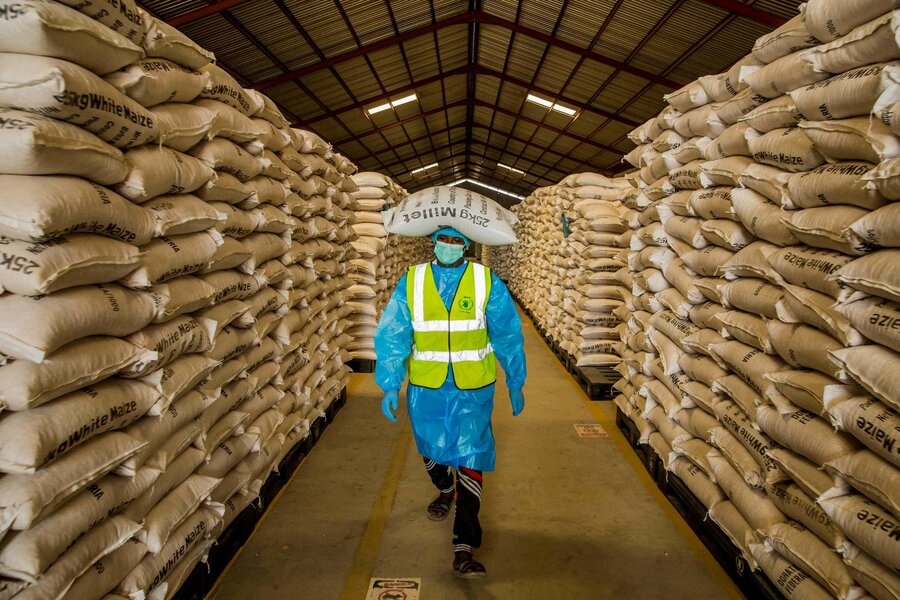















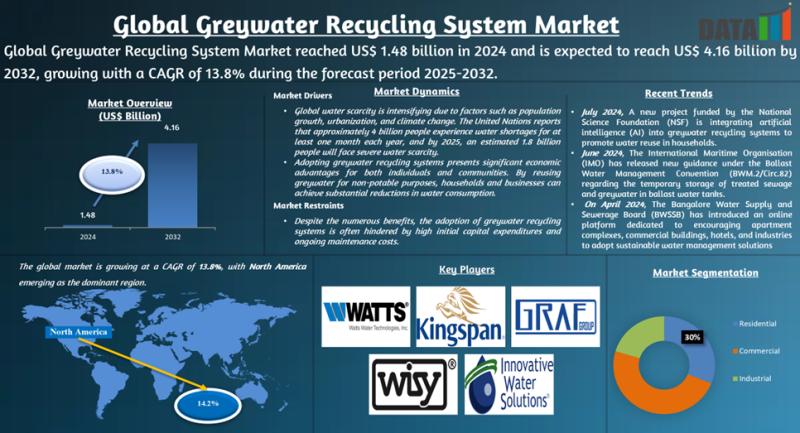



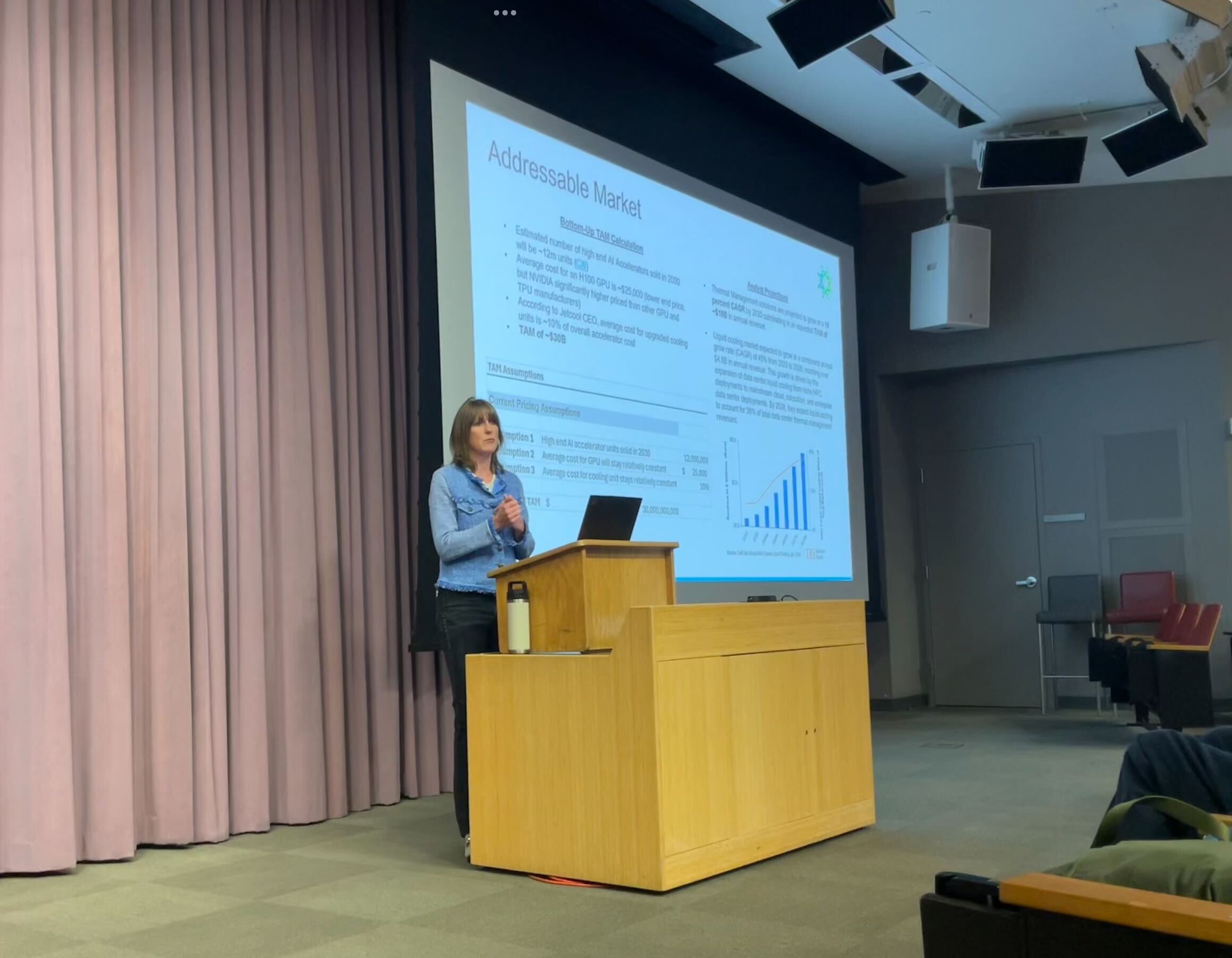













:focal(1500,1000)/https://media.globalcitizen.org/a6/9a/a69a4720-d8a1-4715-b596-18738d03c05c/rotary_polio_hero_image.jpg?#)


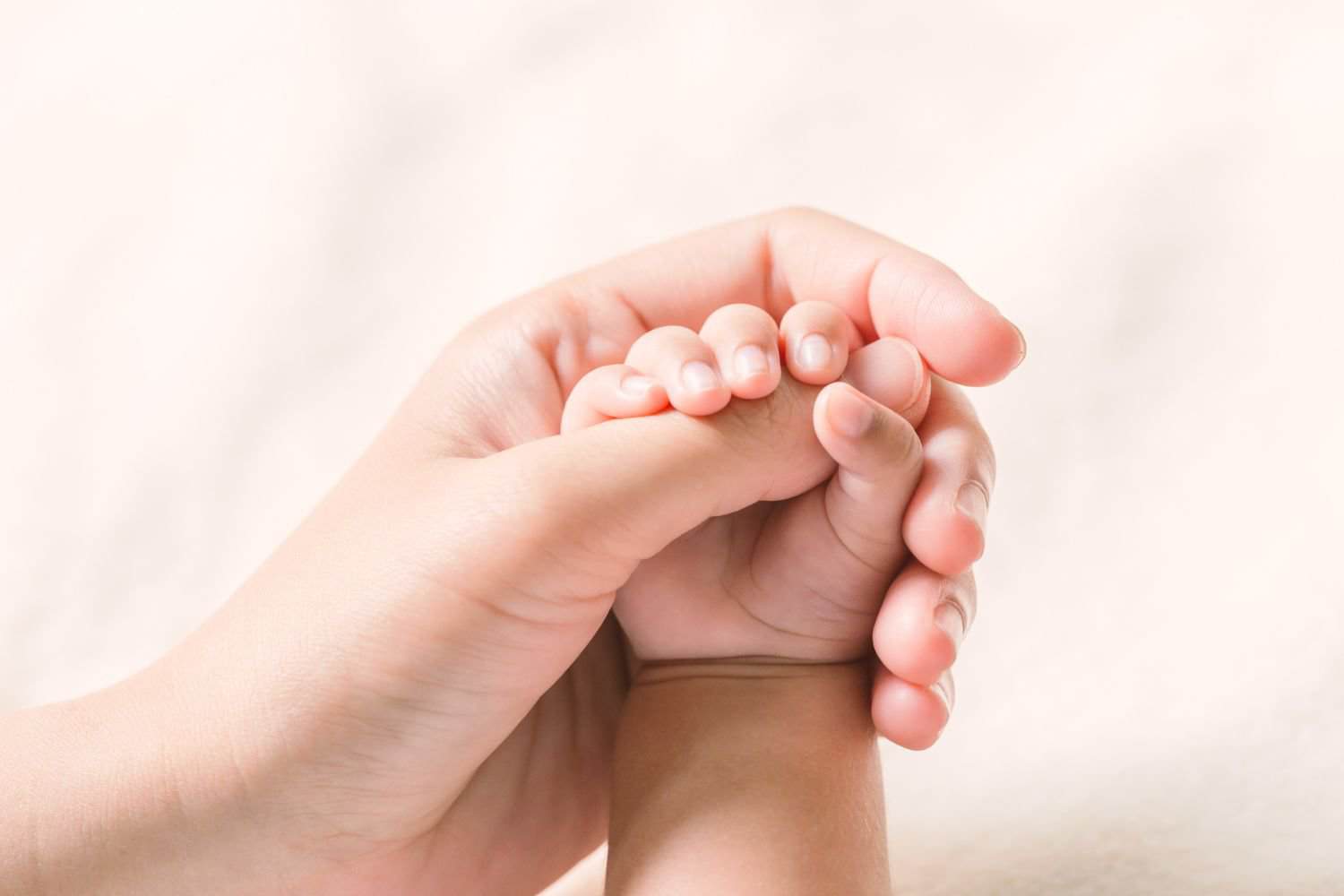
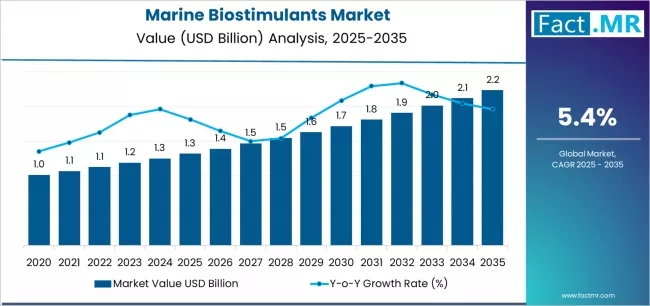


/countries/sri-lanka/photo-credit---dmc-sri-lanka.tmb-1200v.jpg?sfvrsn=dc298bcc_1#)









